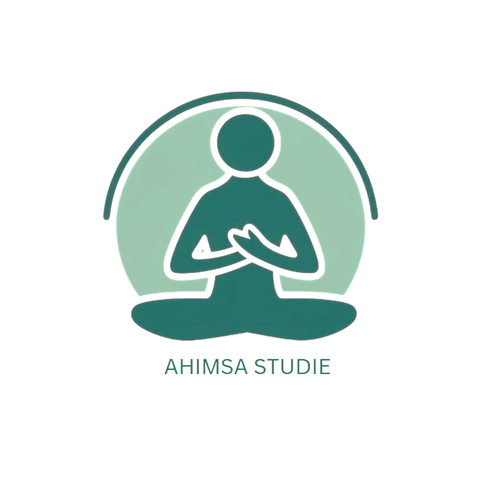Ahimsa study
Are you unhappy with your body or do you have a negative body image? Are you worried about your figure or your weight? Are you dieting or trying to lose weight? Do you have binge eating episodes where you feel like you can no longer control your eating behavior?
If you answered "yes" to any of these questions, you are just like many other people. A large part of the general population is dissatisfied with their own body, experiments with different diets / nutritional strategies, or has the feeling of losing control over their own eating behavior. Although such symptoms are not dangerous per se, they can lead to a strong subjective experience of stress. They can also encourage the development of a full-blown eating disorder.
Yoga can help to improve body awareness and promote satisfaction with one's own body. The combination of movement and mindfulness draws benevolent attention to one's own body sensations and encourages a respectful approach to one's own body.
The Ahimsa study investigates this phenomenon: A randomized, controlled study will be used to test whether an eight-week yoga program has a positive effect on body image and can also reduce symptoms of eating disorders.
Anyone who is at least 18 years old and experiences dissatisfaction with their own body can take part in the study. Unfortunately, people who are currently pregnant cannot take part, nor can people who are currently undergoing psychiatric or psychotherapeutic treatment. Previous experience with yoga is not required, the program is suitable for absolute beginners as well as experienced yogis.
The study process begins with a number of questionnaires to be completed online. Afterwards, the people who want to participate in the study are randomly assigned to either the yoga program or the waiting control group. The control group is necessary in order to be able to test the effectiveness of the program.
Participants in the yoga program are then given eight weeks in which to take part in the 45-minute session once a week. The yoga sessions are held in groups of five to a maximum of ten participants on site at Chemnitzer Str. 46. All participants receive a new exercise video after each session, which they can use to continue practicing independently on the days between sessions. After the last session there will be a final questionnaire, which takes about 15 minutes. For participants in the waiting list control group, the online final survey takes place approx. 10 weeks after completing the initial survey.
Six weeks and 12 weeks after the last unit, or 16 and 22 weeks after completing the initial questionnaires for participants in the waiting list control group, two follow-up surveys are conducted.
Participants assigned to the waiting list control group will of course also receive all exercise videos after the follow-up interviews, as well as the opportunity to take part in the yoga sessions on site if they wish.
Recruitment for the study is complete and no further participants are currently being accepted.
Study management: Dr. Sophia Fürtjes, Prof. Katja Beesdo-Baum
Yoga teachers: Sarah Boppert, Dr. Sophia Fürtjes
Research intern: Sophie Hauenherm

